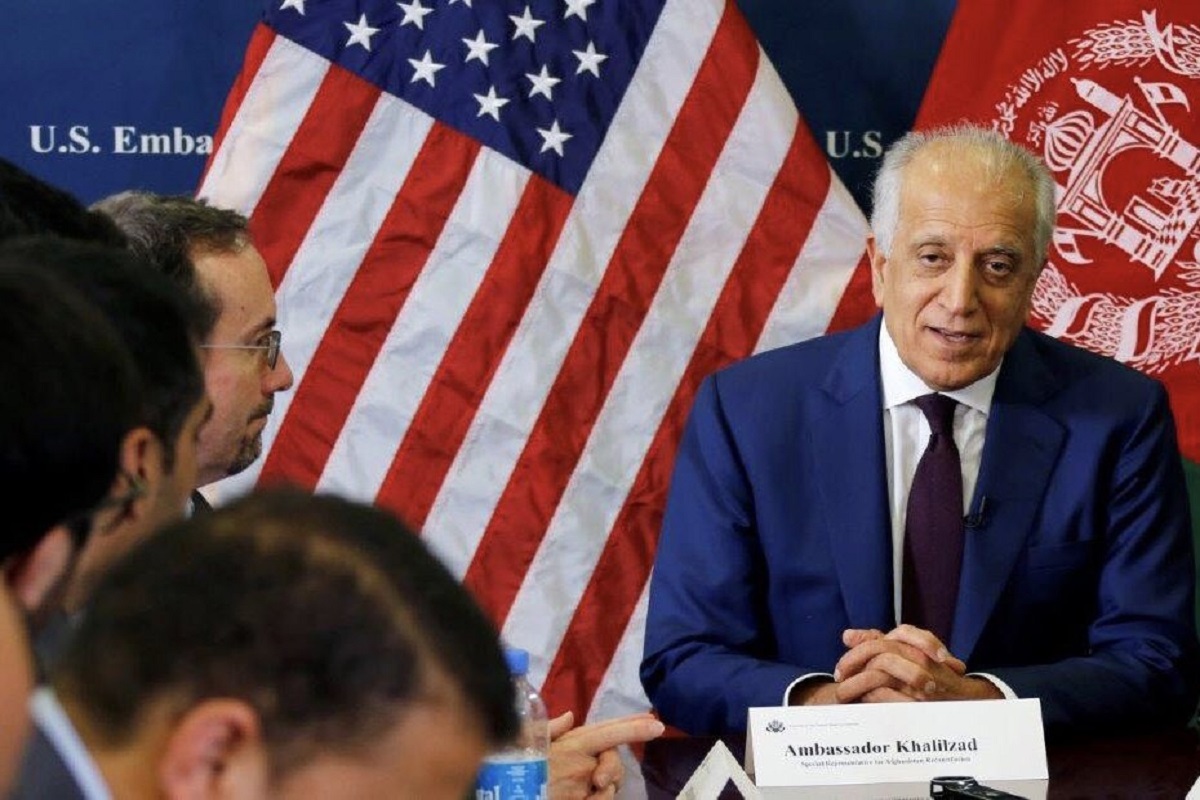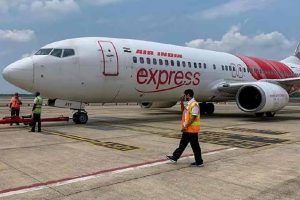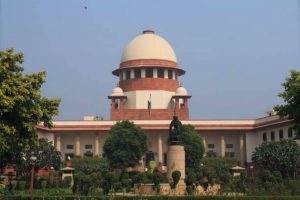Zalmay Khalilzad, the US special representative for Afghanistan reconciliation, on Saturday welcomed NATOs statement focused on “key next steps” for peace and stability in Afghanistan, including a humanitarian ceasefire amid the COVID-19 pandemic in the country.
NATO “urged the Taliban to reduce violence, called on the Afghan govt to end the political crisis, and said all sides should move more quickly on prisoner releases”, TOLO News quoted Khalilzad as saying.
“How urgently and with what conviction the sides respond to these steps will determine whether Afghanistan moves forward or remains mired in war, poverty, and disease,” US envoy further added.
“The US-Taliban agreement provides a historic opportunity for Afghanistan,” Ambassador Khalilzad said.
The Organization of Islamic Cooperation also renewed its appeal to “all Afghan leaders and parties to urgently reduce violence and work for lasting ceasefire” .
This comes amid increasing violence by the Taliban in different parts of the country.
Last month, Khalilzad had said that the Washington would like the the Afghan government to begin the process of releasing Taliban prisoners as soon as possible in line with the historic peace agreement.
Earlier, Khalilzad expressed hope for the intra-Afghan talks between the Kabul government and the Taliban would conclude in 100 days.
The intra-Afghan talks which were slated to begin on March 10 in Oslo were delayed because of the issues over the timing of the Taliban prisoner release.
The US-Taliban deal signed in Qatar on February 29 calls for the release of up to 5,000 Taliban prisoners to open the way for intra-Afghan negotiations.
Figures revealed to TOLO News by security officials and government sources said that 98 members of the Afghan security forces lost their lives in Taliban attacks in 14 provinces from April 18 to April 24.
At least 70 others have been wounded and more than 10 security force members are missing, according to the sources.
More than 10,000 civilians were killed or wounded in Afghanistan’s war last year, the United Nations announced Saturday, as a historic partial truce kicked in across the country. India did not recognise Afghanistan diplomatically when Taliban was ruling the country from 1996 to 2002.
(With inputs from agency)











